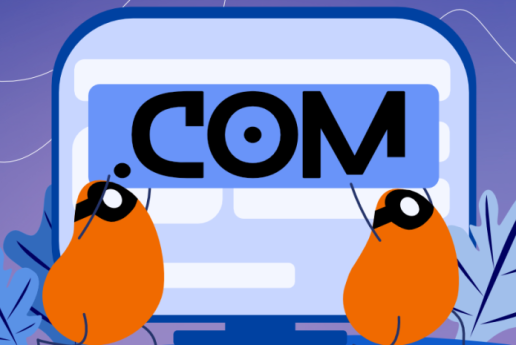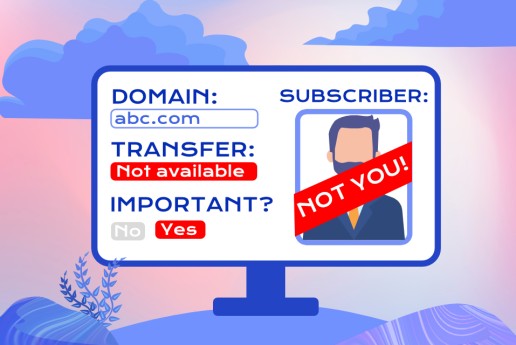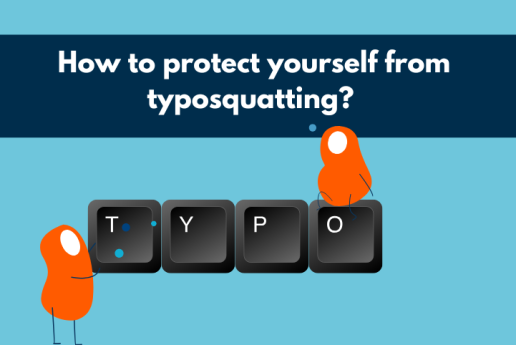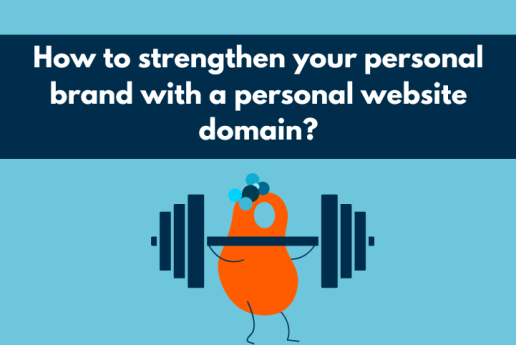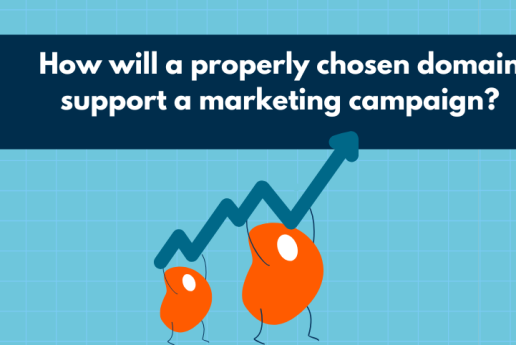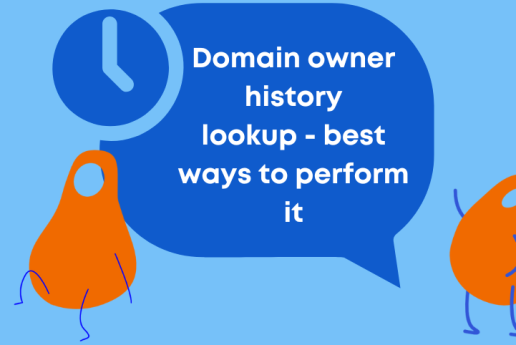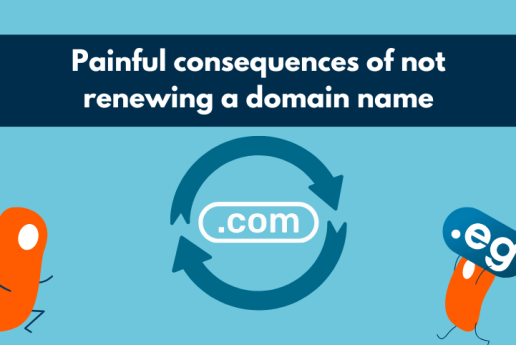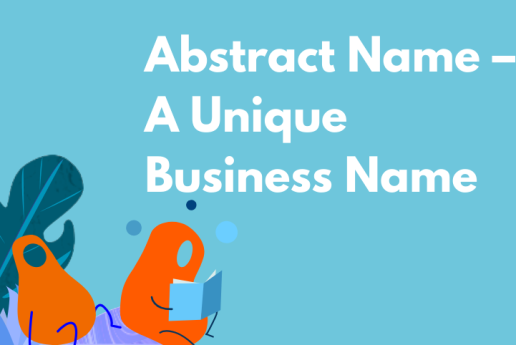Abstract Name – a unique business name
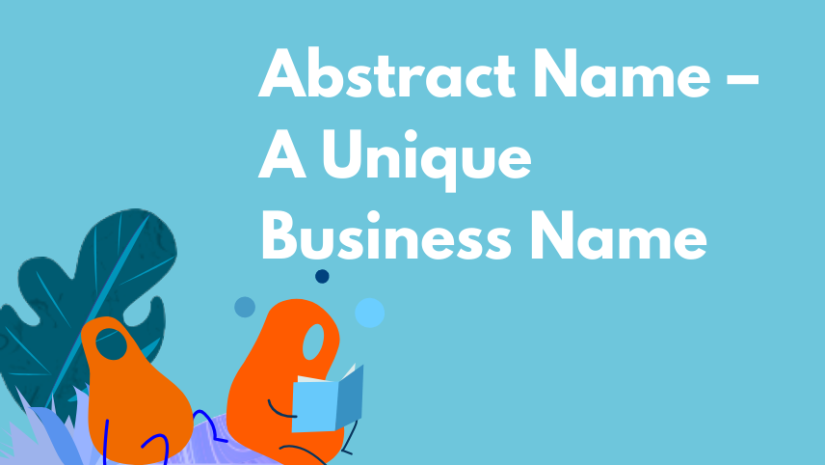
The famous quote by the Roman playwright Terence, “I am human, and nothing human is alien to me,” also applies to the world of naming. Distrust, distance, and limited confidence in a company with a “strange” name are partially understandable. The human brain naturally responds positively to symbols it has encountered before and, conversely, builds a defensive wall against something unfamiliar. All cultural codes functioning within a given community build and strengthen the bonds that identify it.
Similar cognitive patterns can be clearly seen in the area of naming companies and products. This happens because the most common names are descriptive or associative. Names derived from surnames, places, historical figures, and symbols are also popular. Meanwhile, artificial names — those that carry no meaning, are rare.
How many times have I heard the common belief that a unique company name can boost sales? Yet, when the time comes to make a final decision, the choice falls on a name that evokes industry associations, highlights a specific trait, or includes a name or place.
Why does this happen? Is an abstract, meaningless name undesirable in the realm of names that carry meaning? I will answer this question, and I hope to pleasantly surprise you.
Why is an abstract name unpopular?
What is an abstract name? For example, names like Asana, Asics, Crocs, Joop!, Knauf, Kodak, Muro, Nudo, Oppo, Pepco, Roomba, Trello, Yope, and Zozole are names that don't mean anything. Theoretically (but I’ll explain more on this later). In other words, it's a type of use of a set of phonemes or syllables from which a meaningless word emerges. As a result, we get a neologism, a word that didn’t exist before, or at least doesn’t exist in a specific market category.
Theoretically, abstraction seems like the easiest way to create an interesting naming concept for a business, especially when dealing with a product or service. A unique brand name increases the chance of drawing attention. Strengthened by an attractive visual form, it amplifies its distinctiveness. And if its communication is captivating, unconventional, and heart-catching, we’re dealing with a sure bet for attracting attention and standing out from the competition.
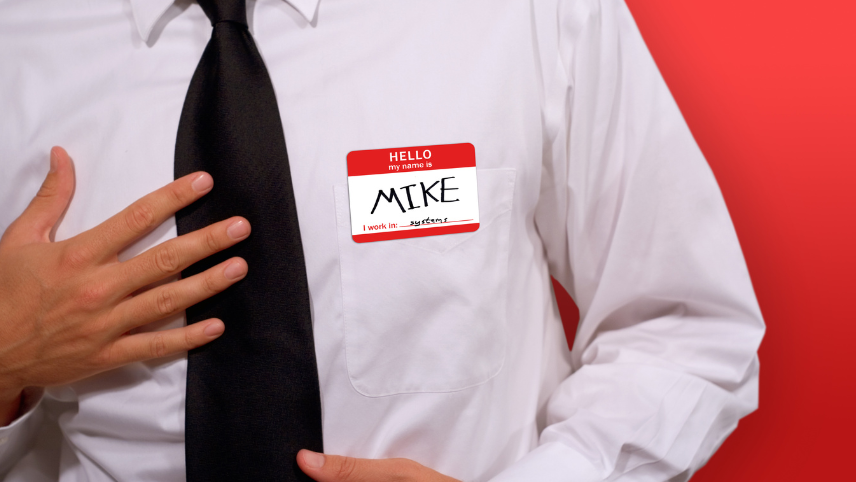
However, in practice, it’s difficult to create an abstract name. Since we are creating something artificial, we need to construct this set of syllables in a way that meets the standards of a catchy name:
- simple to pronounce,
- easy to write,
- eye-catching,
- visually appealing,
- with an available domain of your choice,
- free from legal flaws.
The key is that the spelling and phonetics are user-friendly, causing no problems with reading or pronunciation. Look at these examples, and I admit that they are attractive: Asana, Cisco, Klarna, Kodak, Nozbe, Oreo, Pepco, Rexona, and Twingo.
But do they really mean nothing?
Here lies the less obvious advantage of an abstract name. It’s not true that this type carries no meaning. Usually, though not always, there is some meaning behind a given abstract name. It's more or less literal, but it's there. If you don’t believe me, I’ll convince you with these explanations:
- Asana (project management system) comes from yoga practice postures,
- Cisco derives from the city of San Francisco,
- Crocs came to founders’ minds when they looked at their clogs from the side, and they resembled a crocodile snout https://1000logos.net/crocs-logo/,
- Klarna (a Swedish fintech company) in Swedish means clear, become clear, brighten up,
- Strava (app) comes from the Swedish verb “to strive,” reflecting the company’s attitude and ambition,
- Twingo (Renault model) is a blend of dance names: twist, swing, and tango.
It is true, however, that names like Etsy, Flickr, iossi, Kodak, Oreo, Oshee, Spotify, Trello, Zappos, and Zippo were artificially created.
Does a unique company name have to be that strange?
Categorizing a name can easily lead to a cognitive error, labeling something strange or artificial as a neologism. I experienced this firsthand, mistakenly thinking the names Asics, Acer, Duka, Durex, Miele, Pepco, Rossignol, and Yahoo! were artificial. It turns out that each of them has a meaningful etymology:
- Asics is an acronym from the saying “anima sana in corpore sano,” modified from the original phrase “mens sana in corpore sano,” meaning “a healthy spirit in a healthy body”
- Acer in Latin means sharp, keen, or acute,
- Duka in Swedish means to set the table,
- Durex consists of the words durability, reliability, and excellence,
- Miele, while it means honey in Italian, actually comes from the surname of the company’s founder, Carl Miele,
- Pepco comes from the name Pepkor, derived from the PEP Stores chain,
- Rossignol comes from the Old French word “rossinhol,” meaning nightingale,
- Yahoo! is an acronym for Yet Another Hierarchically Organized Oracle.
There are times, however, when a person designing a name is given instructions for it to be one of a kind. If a free .com domain is a requirement, it’s safe to assume the target name won’t be a melodious string of syllables. This often turns out to be true. I have nothing against brand names like Appoco, Capterra, Exex, G.I.L.I., Hekko, Hestra, Inuikii, Ksubi, Lalaloopsy, Oshee, Robyg, Ryzen, Silxo, Syoss, YNIQ, Xioxi, Xicorr, Zazzle, as each surely meets their owners' expectations, having been chosen as the brand’s designation.
I believe, however, that an interesting origin for a name can serve as a foundation for creating an engaging brand story.
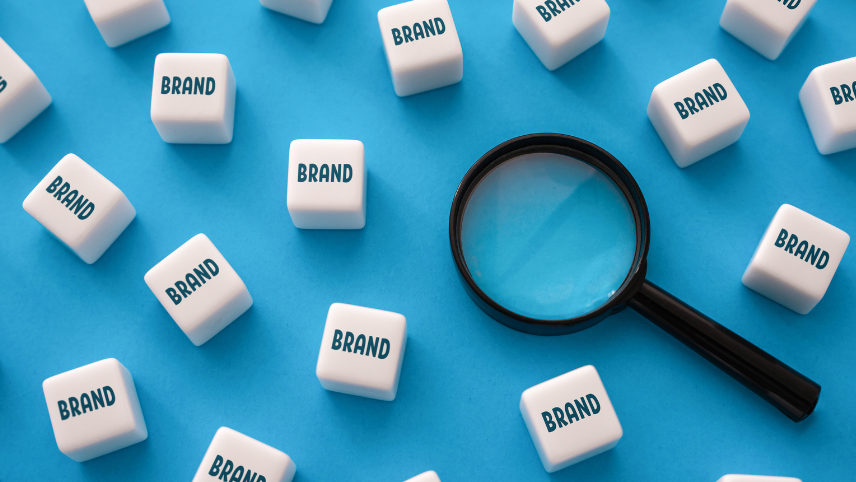
Nothing human is alien to me
Storytelling—a key word that arises during creative work on brand strategy and communication—welcomes any appealing tidbit about where the brand’s name came from. The more intriguing the story, the better. Even a simple explanation of a name’s origin has an advantage over a brand name that was simply made up. People love mysteries and love to discover them. Any hint of mystery, explained in the “About Us”, “Who We Are”, or “Our Story” sections, adds a human element to the brand, pulling it away from being an artificial name.
This brings us back to the question posed at the beginning of this article: Why is an abstract name unpopular? The answer becomes clear. It’s not true that this naming technique is overlooked. The term "unique company name" encourages the creation of artificial word forms that are more veiled and different from prevailing industry trends. It’s rather that creators don’t realize they are actually creating an abstract name. They think, “Oh, this is a cool idea hiding an interesting etymology,” but it turns out that most brand users have no idea that there’s any story behind the name.
See for yourself if you knew:
- Chlochee (cosmetics) comes from the French noun "cloche" (bell),
- Lay’s comes from the surname of the company’s founder, Herman W. Lay (in the UK, Lay’s is sold under the name Walkers, in Brazil as Elma Chips),
- Lilou (jewelry) is a diminutive of the name Liliane,
- G.I.L.I. (fashion) comes from the brand’s slogan “Got It, Love It”,
- Max Factor, the company’s founder, Maksymilian Faktorowicz, created the first daily-use foundation (he was born in Poland, in Łódź),
- Venmo (financial service) consists of the words vendere (Latin for sell) and mobile,
- Volvo in Latin means to roll, turn, revolve,
- Xioxia (formerly Toshiba Memory) is a combination of the Japanese word "kioku," meaning memory, and the Greek word "axia," meaning value.
There is also a second group of brand creators who deliberately hide the origin of their name. Knowledge of its meaning is the key to entering the world of loyal brand fans. For example:
- Adobe – the company name was taken from the Adobe Creek river, located near the home of Charles “Chuck” Geschke, Adobe’s co-founder,
- Mudita (a Polish phone brand) comes from the Buddhist term "appreciative joy," which arises from the success of others,
- Oshee is an acronym for opportunities, sport, health, energy, emotions,
- Skype – the company name started out as Sky-Peer-to-Peer, was shortened to Skyper, and then shortened even further to Skype,
- Sonos is not only a palindrome (a word that reads the same forward and backward) but also comes from the Latin word "sono," meaning to make sound, resonate, or ring (incidentally, the name Sony also comes from this verb),
- Strava is the Swedish word for strive.
Associative unique business name
It turns out, therefore, that abstract names neither bite nor sting. The conclusion that can be drawn after reading this article is that, contrary to appearances, there are few truly abstract, artificially created names. It turns out that most of the brand names that surround us have at least a hint of personal meaning behind them. Whether it relates to the function of the product, responds to life or professional aspirations, or simply contains a clue to the place of origin or the founder, there is plenty of scope here for creating various naming ideas.
As a result, it turns out that what was supposed to be an artificial name bears the hallmarks of an associative or even descriptive name. I have presented both of these naming techniques in previous articles, which I strongly encourage you to read.
FAQ – abstract names in business
1. What is an abstract business name?
It’s a neologism—an invented word not directly tied to existing vocabulary, products, or people. Examples include Kodak, Trello, or Spotify.
2. Are abstract names really meaningless?
Not entirely. Most contain hidden references—whether linguistic, cultural, or personal—even if they appear artificial at first.
3. Why do companies avoid abstract names?
Because they can feel unfamiliar and harder to trust at first glance. Many entrepreneurs prefer descriptive or associative names.
4. What makes a good abstract name?
It should be simple to pronounce, easy to spell, visually appealing, and legally available—ideally with a matching domain.
5. Do abstract names help with branding?
Yes. They are distinctive and provide excellent opportunities for storytelling, which helps a brand stand out and connect emotionally with users.
The owner of a naming agency for quick and challenging tasks, Syllabuzz.pl. Works persistently until crafting an outstanding name. Specializes in Naming, Renaming, and Rebranding. Believes that having an interesting, timeless name that generates profit is worth the effort.
